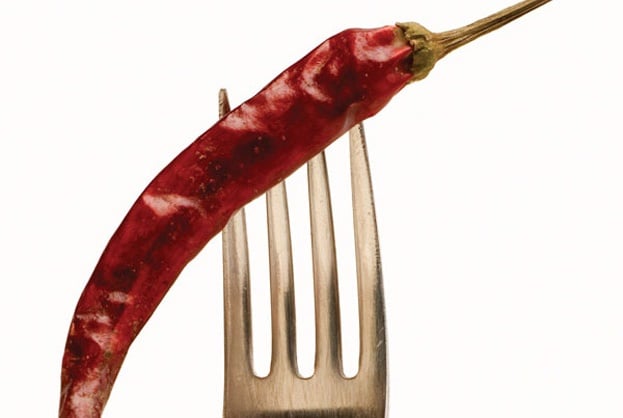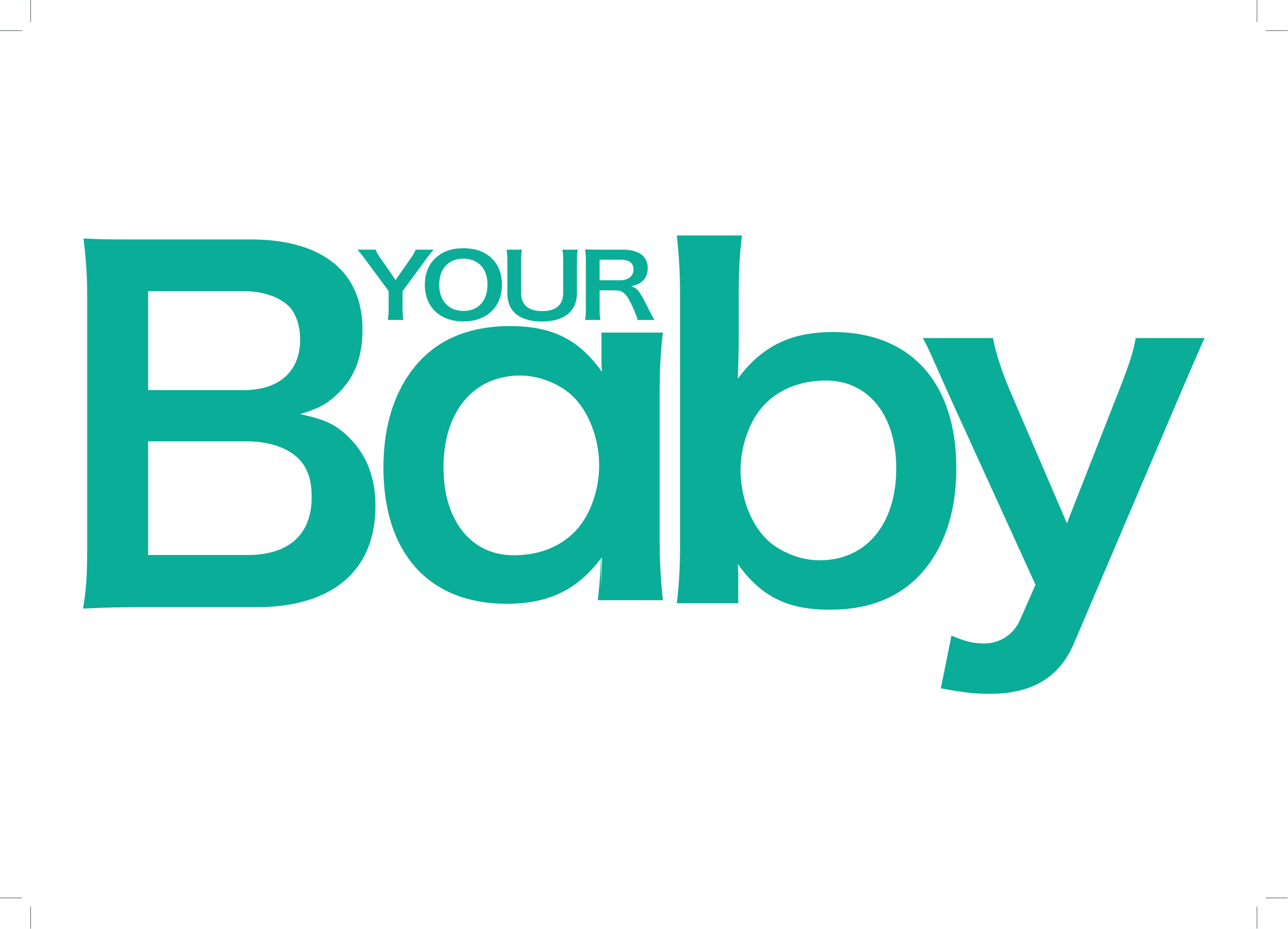
The diets of breastfeeding moms seem to be even more restricted than those of pregnant women
sometimes. We’re given endless lists of what to eat, what to avoid and what will and won’t harm
our babies – no wonder there’s so much pressure above and beyond getting breastfeeding right.
The bottom line is that a basic wholesome diet while nursing is the best you can do for both you and your baby. Everything in moderation is key, just as it is for anyone who wants to maintain a healthy balanced diet.
Facts versus fiction
The most enduring myth about breastfeeding is that what you eat is likely to affect your baby. Every colicky cry, unexplained cramp or fussy episode is frequently blamed on mom’s diet, which
not only erodes her confidence but causes unnecessary stress.
“I think that once in the dim past, a baby reacted to a food that a mother ate. She told her neighbour and that neighbour put it on, say, Facebook,” says medical doctor and lactation consultant Dr Nan Jolly. “There is often a grain of truth in a myth – but one grain isn’t a beach!”
Yes, sometimes a food you eat can affect your baby – but this is the exception rather than the rule and almost never happens. After all, it’s unlikely that you changed your diet significantly after giving birth and while pregnant – baby was pretty much exposed to the same foods then that you’re likely eating now.
It is a myth that mothers have to be on a special diet while they breastfeed, says Dr Nan. A balanced diet comprising a wide variety of foods as close to their natural state as possible (in other words, healthy rather than processed) is the best choice.
Avoid or eat?
Your mother, granny or doctor probably told you that certain foods were absolute no-nos while breastfeeding. These horror stories are almost always old wives’ tales. Moms are frequently told to give up a list of their favourite foods. The common culprits are :
- Dairy
- Wheat
- Curry
- Chocolate
- Onions
- Cabbage
- Beans
- Chilli
It’s true that a few babies are sensitive to wheat and dairy, but it’s more likely that your baby is fussing for another reason. Naturopaths advise cutting out dairy and wheat while breastfeeding if your baby suffers from diagnosed digestive disorders or allergies.
Consider that in many cultures, moms eat curry every day. Spicy foods, especially if enjoyed during pregnancy, aren’t going to affect your baby. Chocolate is often unfairly blamed for sore tummies or
sleeplessness, but again, it’s probably the last reason why your baby is fussy.
Onions, cabbage and beans are common gas-producing foods.They’re extremely healthy, though, and should only cause problems if you have a very toxic colon. Cut these out only if you eat very large amounts and seem to blow up like a whale. Luckily, baby is rarely affected by similar symptoms!
What about dairy? Some babies are genuinely allergic to the cow’s milk protein passed into their mother’s milk from her diet. If your baby has been diagnosed with this, or you suspect that he may be allergic, eat alternative and very healthy sources of calcium such as a wide variety of veggies, fruit, raw nuts and seeds and potatoes and see if it has any effect.
Remember that even the most malnourished, impoverished women are able to breastfeed their babies. An ideal diet rich in fresh fruits, vegetables, raw nuts and seeds (if no history of allergy), whole grains, good quality meat, fish and free-range chicken is best, but stop fussing about food so
much – be sensible, not stressed.
Stress test
One of the most worrying breastfeeding myths is that a crying baby is clearly unhappy with her mother’s milk. More often than not, lack of conifidence and sleep deprivation are major factors affecting breastfeeding.Before worrying about gremlins in your diet, always ask yourself if you are rested and relaxed enough. Dealing with fatigue and stress successfully is important for milk production and a happy mom.
- When you’re anxious about dealing with a newborn baby, she picks up on your feelings of inadequacy and helplessness.
- She may become stressed herself, displaying “colic” symptoms, rejecting your breast and generally appearing to be a poorly little soul.
- Often, when the reason can’t be found, health professionals may blame your diet – and bang goes breastfeeding! Deal with underlying issues, focus on getting nursing right– and problems almost always resolve themselves in a flash.
RESOURCES :
http://www.llli.org
The Greatest Breastfeeding Tips in the World, by Beth Cooper
(Greatest in The World Ltd, 2008)
Dr Nan Jolly, MB ChB, international board certified lactation consultant




 Publications
Publications
 Partners
Partners














